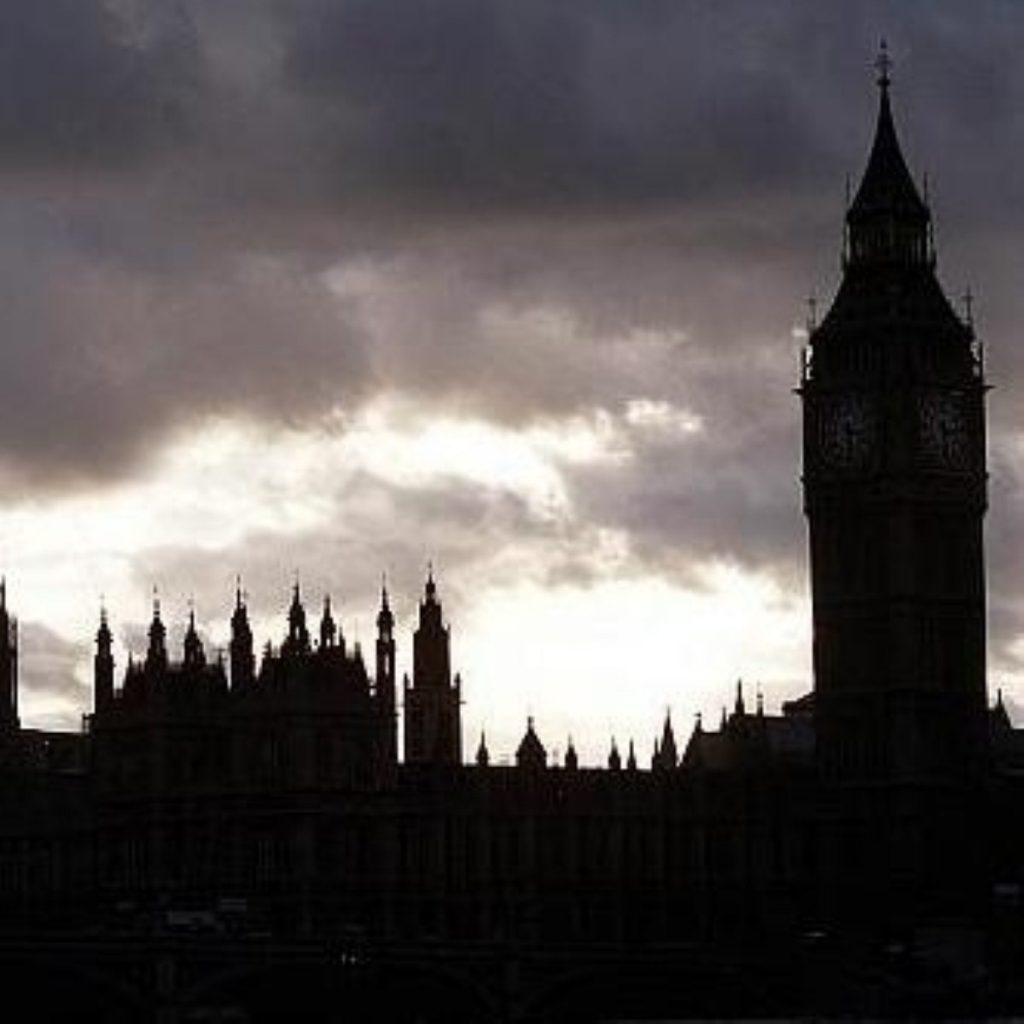Lords accused of abusing lobby passes
The government has promised to eradicate the alleged abuse of lobby passes.
According to the Times newspaper, lobbyisists and pressure groups have been given privileged access to Westminster by peers.
The government responded with a pledge to investigate the matter and stamp out any abuses.
Lords are supposed to issue passes to their secretaries and researchers, granting them special access to MPs and ministers, as well as parliament’s private entrance, libraries, restaurants and bars.


The newspaper said some peers were “handing out exclusive access to the Houses of Parliament to lobbyists and pressure groups who pay them thousands of pounds a year.”
Baroness Ashton of Upholland responded: “The House of Lords carries out legislation well. If there are any abuses of the pass system, then they will be investigated and stamped out.”
Using the Freedom of Information Act, the Times obtained a list of mainly Labour MPs who had given passes to people with outside lobby interests.
Lord Berkeley, one of those named by the newspaper, denied any wrong doing.
The peer is also a chairman of the Rail Freight Group and gave a pass to Neil Stevens, a development and communications manager with the group.
Speaking to BBC Radio 4 Today, Lord Berkley said it had been convenient to use Mr Stevens as a researcher on transport issues.
“He is actually working on my behalf in the Lords. He doesn’t work full time for the Rail Freight Group,” he said.
Lord Berkeley continued: “What comes out of this is speeches in the Lords and if I ever talk about Rail Freight I always declare my interest.
“In fact, he was researching many other things that I am interested in which have nothing to do with Rail Freight.”
Unlike MPs’ researchers, people employed by the House of Lords do not have to declare their outside interests.
The Lords privilege committee is this week expected to announce a register of interests, similar to the measures introduced in the House of Commons in 1985 following similar concerns that passes were handed to lobbyists.
Shadow culture minister Ed Vaizey said the system needed to be “cleaned up”. He suggested officially giving passes to industry bodies.












